Keywords: Society Of Jesus
There are more than 200 results, only the first 200 are displayed here.
-
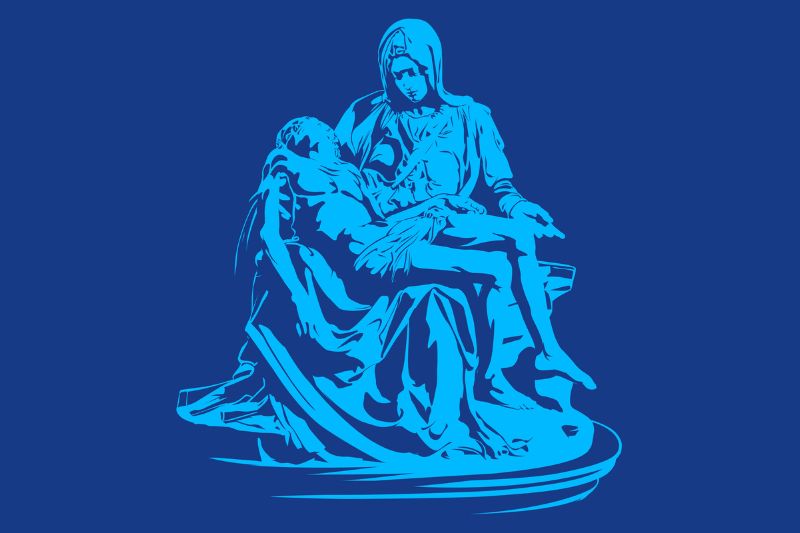
RELIGION
- Andrew Hamilton
- 07 June 2023
2 Comments
In an era where physical gatherings are replaced by virtual meetings and religious processions by online sermons, the Feast of Corpus Christi raises poignant questions. Once a grand demonstration of faith, it has subtly withdrawn from the public eye, leaving us to grapple with the nature of Christ's presence and, more broadly, the concept of human presence.
READ MORE
-
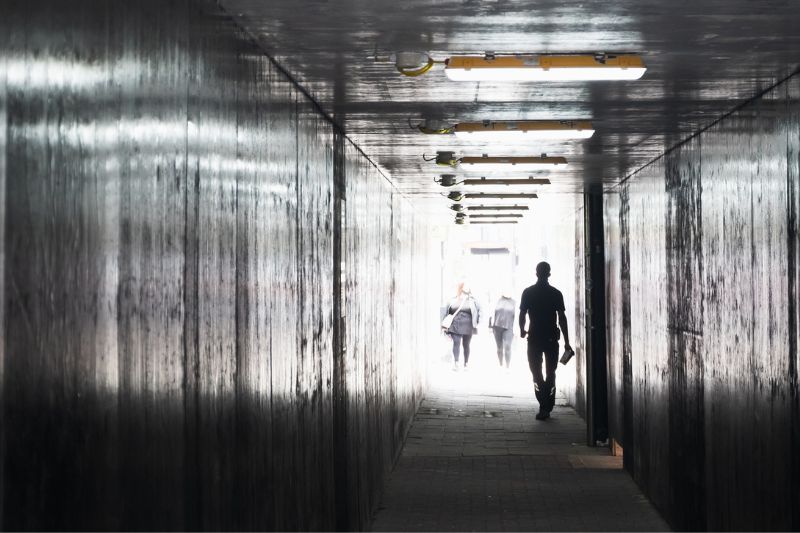
AUSTRALIA
- Andrew Hamilton
- 18 May 2023
4 Comments
Townsville's recent incidents of vigilantism in response to youth crime have cast a spotlight on the fragile balance between law enforcement and community solidarity. As social divisions deepen and inequalities persist, the door to this regrettable behaviour remains open.
READ MORE
-
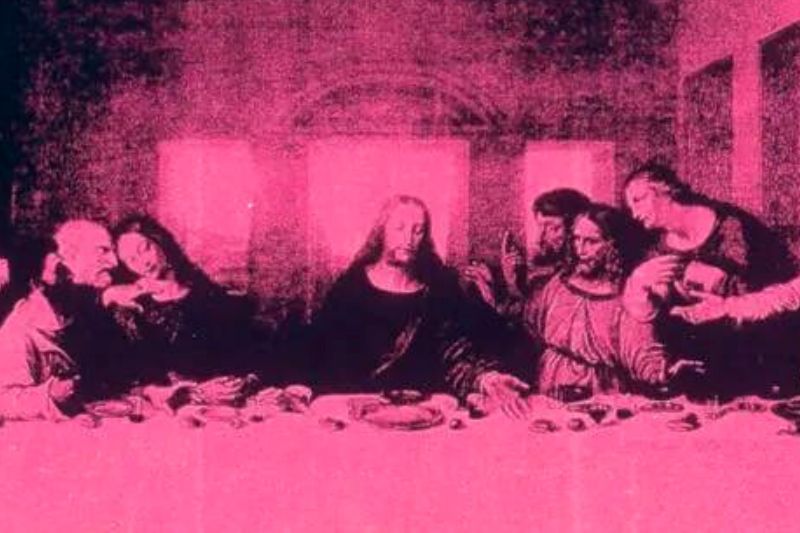
RELIGION
- Andrew Hamilton
- 17 April 2023
14 Comments
Greg Sheridan's Easter article in the Weekend Australian argues that a radical, supernatural version of Christian faith may be more persuasive than an accommodating one. However, Christians must show an attractive way of life, balancing high ideals with the reality of failure and forgiveness.
READ MORE
-

ARTS AND CULTURE
- Andrew Hamilton
- 10 April 2023
In a secular society the fast that preceded Easter has disappeared, but Easter remains a time of celebration. Celebrations recognise happy times and happy events, often marking the end of hard times. The message of Easter remains: that hope can spring up and new life can grow in apparently barren places.
READ MORE 
-
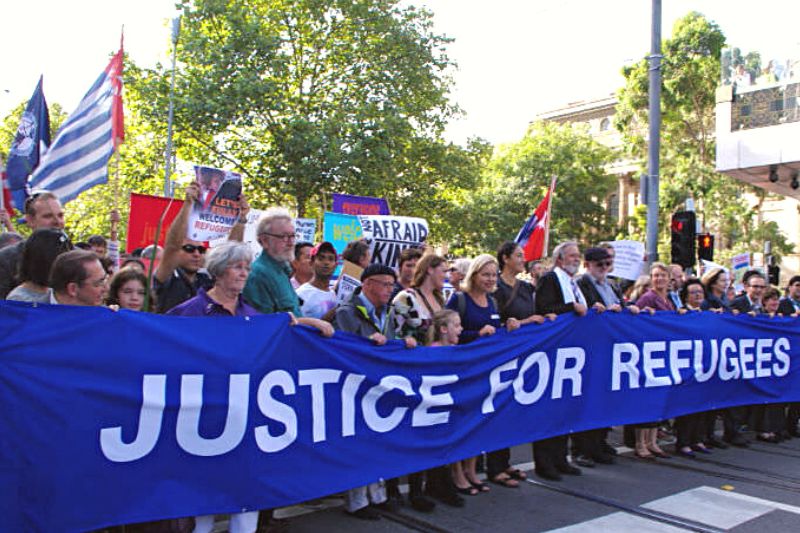
RELIGION
- Andrew Hamilton
- 03 April 2023
6 Comments
Easter is a story of unlikely victory, which underlies the hope that inspires Christians to link the Palm Sunday March to the plight of refugees and to walk with them. This hope acknowledges the power of evil in the world which drives people out of their country, yet it refuses to be intimidated by such evil or to allow it to pass unchallenged.
READ MORE
-
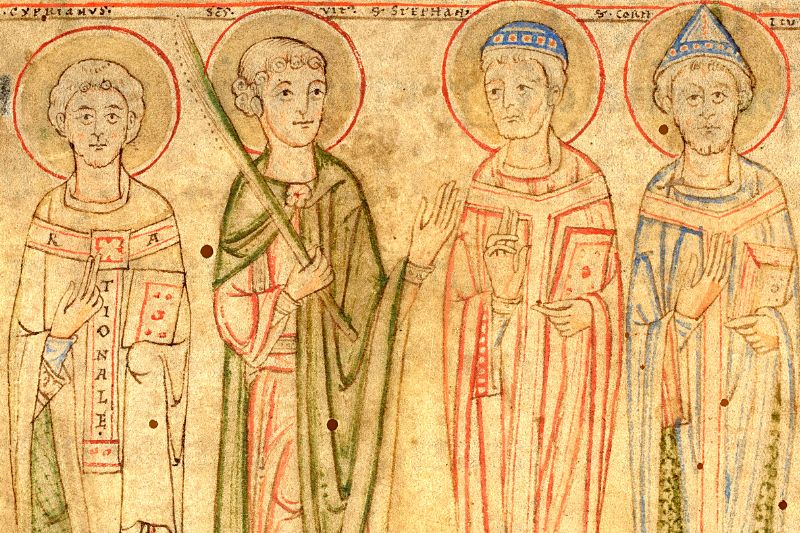
RELIGION
- Constant Mews
- 22 February 2023
2 Comments
Words get tired, and need to be reinvented, to recapture their original meaning. Synodality is simply the most recent way of regenerating traditions of consultation that go back to the earliest days of the Church.
READ MORE
-
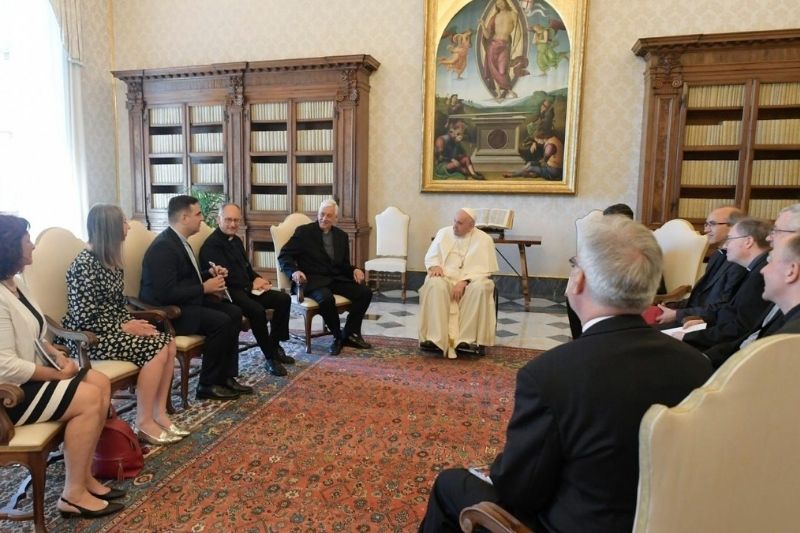
MEDIA
- Andrew Hamilton
- 12 January 2023
In a recent meeting Pope Francis met the editors of European Jesuit cultural magazines. As usual in such meetings he did not give an address but invited the participants to ask questions. The questions ranged across a wide area, reflecting the different readership and religious culture of the magazines. Underlying the Pope’s responses lay a challenging and coherent approach to the Jesuit mission and to communication that invites self-reflection also among Jesuit magazines and their readers outside Europe.
READ MORE
-

INFORMATION
Society of Jesus in Victoria–Jesuit Communications Christmas Raffle 2022. Raffle drawn on Wednesday 7 December 2022. 1ST PRIZE WINNER Ticket Number: #2352 from Croydon Park, NSW 2ND PRIZE WINNER Ticket Number: #907 from Bellbowrie, QLD 3RD PRIZE WINNER Ticket Number: #5773 from Deepdene, VIC 4TH PRIZE WINNER Ticket Number: #3713 from Kiama, NSW. All winners have been notified. Congratulations to the winners and thank you to everyone who supported our Christmas raffle.
READ MORE 
-

AUSTRALIA
- Andrew Hamilton
- 08 December 2022
Once protests would have found expression in powerfully argued and persuasively delivered speeches. Now people look less to the power and skill of the words and more to the gestures in which they are embodied. This precedence given to performative language over deliberative language deserves reflection.
READ MORE 
-

INTERNATIONAL
- Michael McVeigh
- 28 October 2022
1 Comment
A large part of ending violence against women and children is about convincing men that there’s a more healthy way to live; that there’s a society in which they can feel comfortable in themselves, pursue their dreams, and find love and comfort with others, and feel respected for who they are.
READ MORE 
-
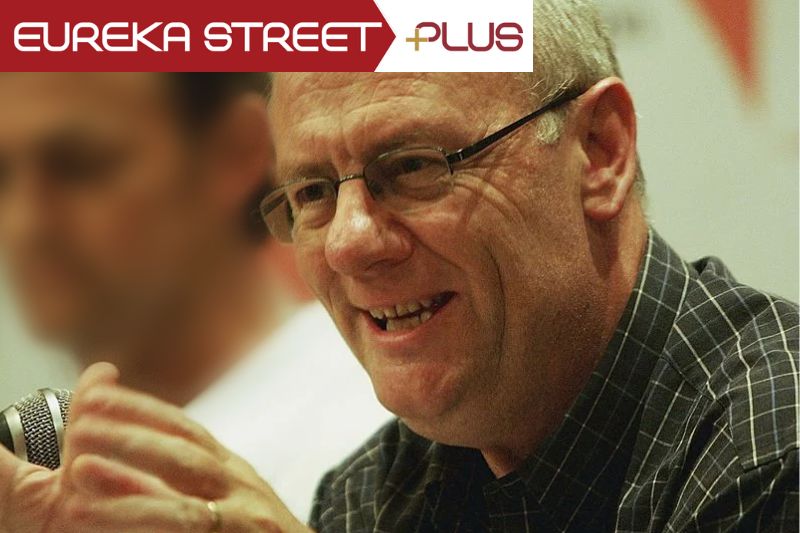
AUSTRALIA
- Barry Gittins, Tim Costello
- 07 October 2022
1 Comment
Reverend Tim Costello's informal status as a nagging conscience to many Australian governments, including the Howard government in which his brother Peter served as federal treasurer, was formally acknowledged when the National Trust of Australia chose him as a ‘National Living Treasure’. Barry Gittins speaks to Tim Costello about the nature of power, and its place and exercise in public life.
READ MORE 
-
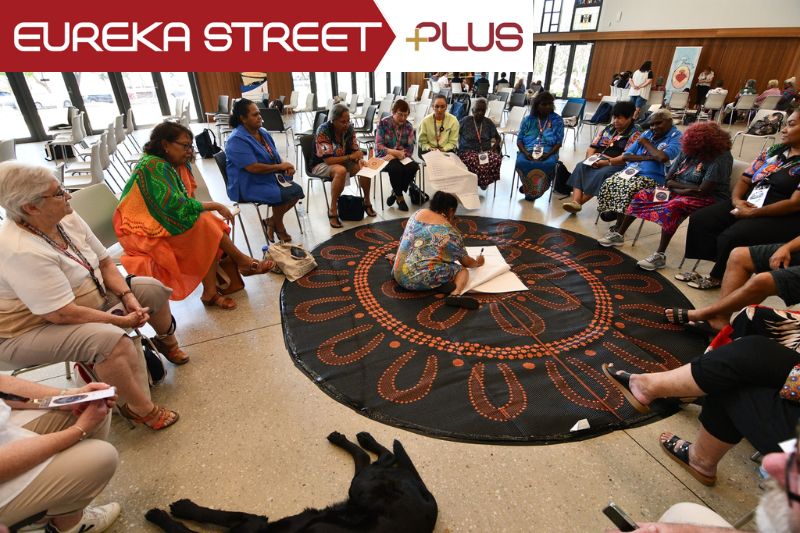
AUSTRALIA
- Michael McVeigh
- 30 September 2022
Too often our society’s approach, and our Church’s approach, to First Nations people is to judge, to destroy, and to impose. But there’s a different logic that sees any encounter between cultures as a gift. That logic seeks understanding rather than offering judgement; it looks for mutual growth rather than destruction; and it gives each person autonomy in choosing their own path forward.
READ MORE 